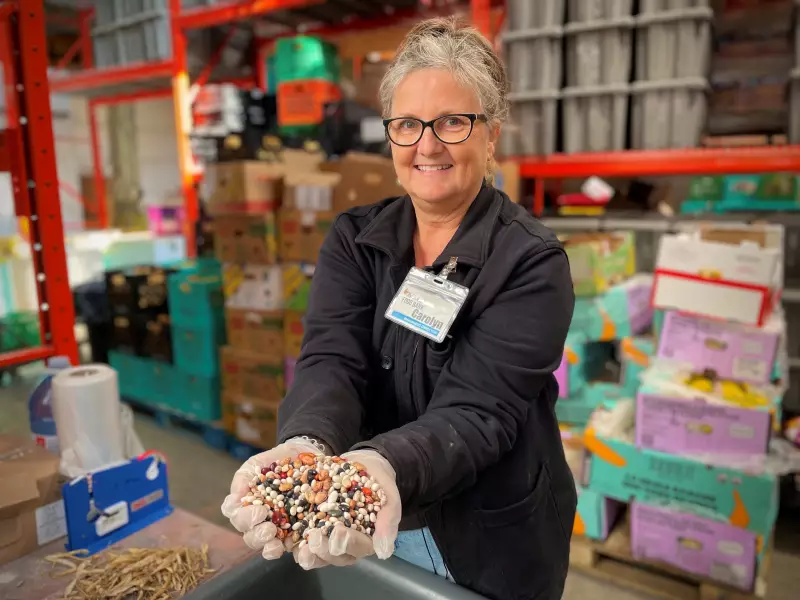
In a remarkable demonstration of academic ingenuity meeting community need, the University of Guelph has redirected an enormous quantity of research materials toward fighting local hunger. What began as agricultural experimentation has become a substantial donation to the Food Bank of Waterloo Region.
From Lab to Table: The Unexpected Journey of Research Beans
The university's Department of Plant Agriculture found itself with approximately 5,000 pounds of beans that had completed their research purpose. Rather than letting this valuable food source go to waste, researchers made the compassionate decision to donate the entire stock to those experiencing food insecurity.
This massive donation represents more than just numbers on a scale – it translates to approximately 4,000 meals for families struggling to put food on their tables throughout Waterloo Region.
Addressing Critical Community Needs
Kim Wilhelm, manager of the Food Bank of Waterloo Region, expressed profound gratitude for the unexpected windfall. "This donation comes at a crucial time when we're seeing increased demand for our services," Wilhelm noted. "The protein-rich nature of beans makes this contribution particularly valuable for the nutritional needs of the families we serve."
The food bank, which supports numerous agencies and programs throughout the region, will distribute the beans through their network to ensure they reach those most in need.
Academic Research with Real-World Impact
This initiative showcases how university research can extend beyond academic boundaries to create tangible community benefits. The beans, which had been used to study crop improvement and agricultural sustainability, now serve an immediate humanitarian purpose.
The University of Guelph has a longstanding reputation for agricultural innovation, and this donation reinforces their commitment to applying that expertise for community betterment. The collaboration between academic research and social services creates a powerful model for how institutions can address pressing societal issues.
This heartwarming story demonstrates that sometimes, the most valuable research outcomes aren't just measured in data and publications, but in the number of families who can enjoy a nutritious meal thanks to thoughtful academic-community partnerships.





